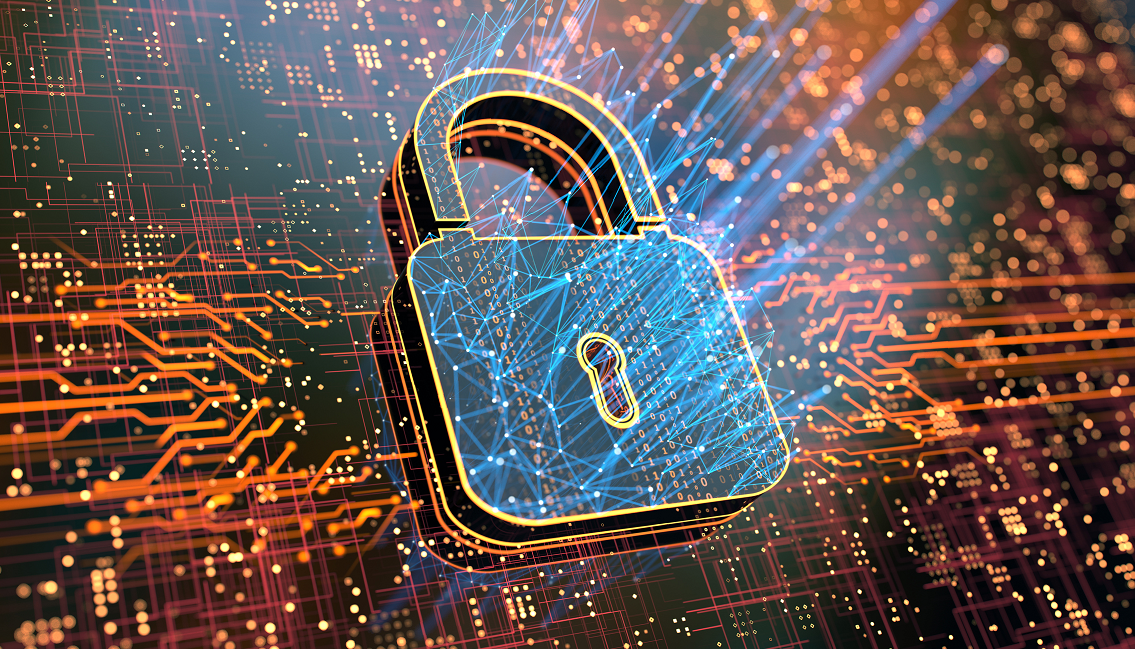Always Shop From A Secure Computer
If your computer or electronic device isn’t protected by antivirus software, it is more likely to be compromised by malware. All data entered into or transmitted from that electronic device or computer is at risk, including addresses, credit card numbers and bank accounts. Be sure to keep the operating system and all internet-facing apps updated to the latest software versions.
Check Out Website Security
Always look for the HTTPS lock symbol in your browser address window when performing an online purchase. That small lock icon in the corner of your URL field tells you the website is privacy protected. The “S†stands for secure, meaning the connection between the browser and the website is encrypted. This prevents cyber criminals from reading traffic like credit card numbers, orders, and addresses. Be wary of entering personal or sensitive information on websites that are not secure.
Create Strong Passwords and Never Save Them
If someone has the password to your account, they can log in, change the shipping address, and order things while you’re stuck with the bill. Help keep your accounts safe by locking it with a strong password. Passwords should be as long as possible and contain a mix of upper- and lower-case characters, numbers, punctuation and symbol—and they should never be reused or saved, especially for websites that handle your money.
Search For Deals With Trusted Retailers
Cyber criminals “poison†search results with malicious or deceptive links. Looking for the best deal on a television? Run a search on Amazon or Best Buy. Any website can be attacked by hackers but limiting your shopping to established and trusted vendors limits your exposure. Bookmark the most trusted online retailers to make sure you don’t get redirected to fake websites.
Don’t Fall For ‘Too-Good-To-Be-True’ Deals
A deal that seems too good to be true, probably is. And although there are a lot of legitimate deals offered by trusted retailers, cyber criminals will prey on shoppers’ desire for the lowest price and best deal. Watch out for emails, text messages and pop-up browsers promising fantastic savings. Clicking on such links could possible lead to scams, phishing sites or sites distributing malware.
Check Credit Card and Bank Statements Regularly
Monitoring your statements is the best way to catch suspicious transactions during the holiday season. If you find a transaction that doesn’t match your purchases, your account may have been compromised. If so, contact your bank or card issuer immediately.
Sources:


